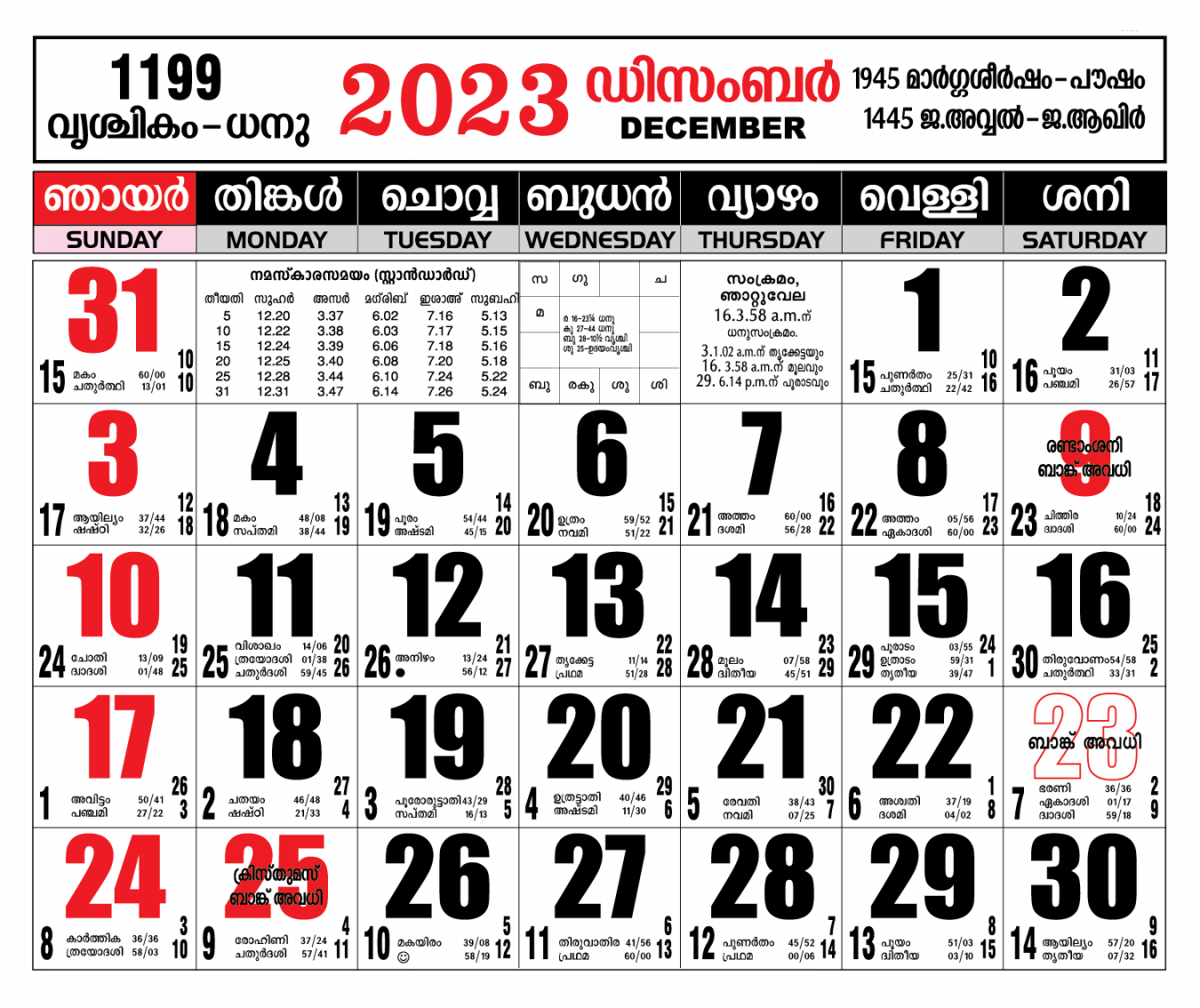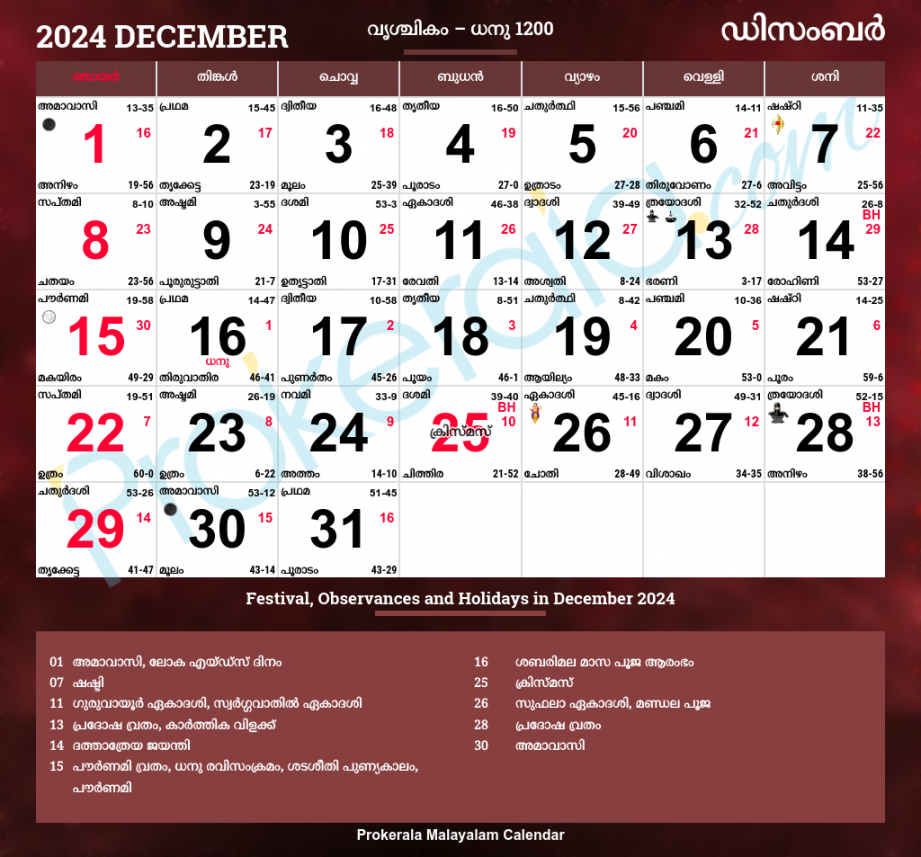Vishu 2024: Check Date and How it is celebrated Kerala, Tamil Nadu, and Mahe of India
Every year in April, Kerala and Malayali communities worldwide come alive with the vibrant festivities of Vishu, marking the traditional Malayalam New Year. This joyous occasion transcends religious boundaries, uniting people in a celebration of fresh beginnings, abundance, and hope for the year ahead.

Vishu is a time for families to come together. Elders traditionally bestow blessings and gifts, known as Vishu Kaineetam, upon younger members. The day is marked by a delectable feast called the Sadhya. This vegetarian extravaganza features an array of dishes on a banana leaf, representing the diverse flavours of life.
Vishu in 2024 falls on Sunday, April 14th. The date of Vishu is determined by the Malayalam calendar, which is a lunisolar calendar, and typically falls in mid-April on the Gregorian calendar.

What is the Significance of Vishu?
Vishu is a significant festival, marking the beginning of the Malayalam New Year and falling around mid-April. Here’s a breakdown of its importance:

New Year: Vishu signifies the start of the astronomical year according to the Malayalam calendar, month of Medam. Harvest Festival: It’s a harvest festival, a time to give thanks for past yields and pray for a prosperous upcoming season. The sun’s movement into Aries (Mesha Rashi) signals the beginning of agricultural activities. Lord Vishnu & Krishna: Devotees worship Lord Vishnu, the god of time, and his incarnation, Krishna. One story says Krishna vanquished the demon Narakasura on this day. Renewal and Auspiciousness: Vishu embodies renewal, fresh beginnings, and spiritual abundance. The word “Vishu” itself means “equal” in Sanskrit, possibly referring to the near-equal day and night lengths during this period. How is Vishu Celebrated in Kerala, Tamil Nadu and Mahe?
While Vishu celebrates the Malayalam New Year, there are some variations in how it’s observed across Kerala, Tamil Nadu, and Mahe:
Similarities:
Vishu Kani: The core tradition of arranging an auspicious tray with symbolic items for good luck on the first morning is followed in all three regions.
Family Gatherings: Vishu is a time for families to reunite, share meals, and celebrate together.
Wearing New Clothes: Donning new clothes (Puthukodi) is a common custom across all regions.
Kerala:
Vishu Sadhya: A grand vegetarian feast called Sadhya, with up to 26 dishes served on a banana leaf, is a significant aspect of the celebration in Kerala.
Vishu Kaineettam: Elders traditionally bless younger generations with Vishu Kaineettam, a small amount of money for good fortune.
Firecrackers: Bursting firecrackers (Vishu Paddakam) is a widespread practice in Kerala.
Children’s Performances: Children might dress up in leaves and masks, and perform.
Tamil Nadu:
Similarities to Kerala: Many traditions, like Vishu Kani and wearing new clothes, are observed.
Variations: The name of the festival might be referred to as “Chittirai Vishu.” The feast might be simpler compared to the elaborate Sadhya in Kerala.
Local Delicacies: Regional specialities in Tamil Nadu might be included in the Vishu meal.
Mahe:
A blend of Traditions: Mahe, a district of Puducherry with a significant Malayali population, observes Vishu with a blend of customs from Kerala and Tamil Nadu.
Focus on Family: Family gatherings and sharing meals remain a highlight.
Local customs: There might be specific traditions unique to the Mahe region incorporated into the celebrations.
Vishu transcends religious boundaries and is a time for renewal and hope. It’s a reminder to cherish family, embrace new beginnings, and seek blessings for a prosperous year ahead.
READ| Happy Vishu 2024: 45+ Wishes, Images, Quotes, Greetings to Celebrate Malayalam New Year